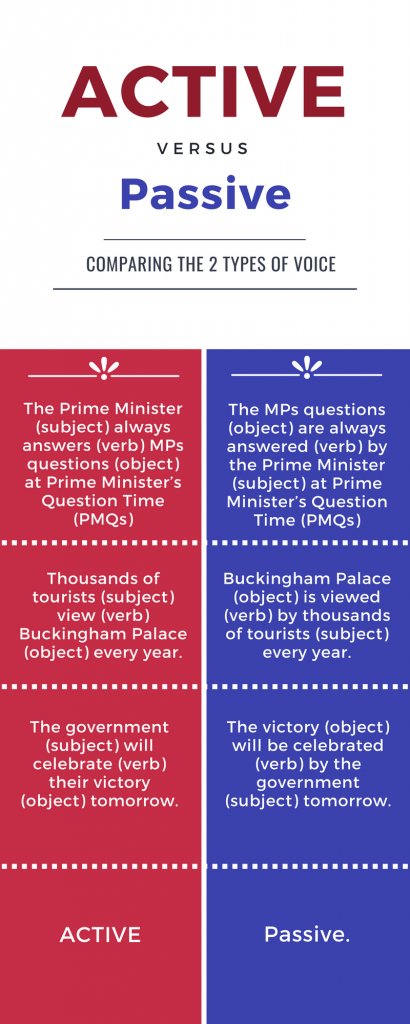Most essays and exams will include points for spelling and grammar. And, in the UK, if there’s one thing that will give you away and have examiner’s (who you want to keep happy right?) pulling their hair out its confusion over British English and American English spelling.
Thanks to auto-correct on American software like MS Word, UK students are more likely to have issues. I’m as guilty as the next person so this blog is also a timely reminder for me. : )
History Time: Why are British English and American English spellings different?
The English language has stayed within its long heritage, roots and influences such as the French language.
In the 17th Century, English settlers introduced the English language to America but it began to evolve. And, after American Independence from Britain the popular versions of English words being used by American people were standardised into their own dictionary.
If you’re interested in the origins of the English language The Mother Tongue: English and How it Got that Way by Bill Bryson is fab. (paid link)
Quick Test – So, how many do you get right?
‘ence’ and ‘ense’
Some words that end with ‘ence’ in British English are spelt ‘ense in American English:’
| British | American |
|---|---|
| Defence | Defense |
| Licence | License |
| Offence | Offense |
| Pretence | Pretense |
British English Example: In 1066, Harold took up arms against William in defence of his crown.
British English Example: Henry VIII could not keep up the pretence with Catherine of Aragon any longer.
Double vowels
British English words that are spelt with the double vowels ae or oe are just spelt with an e in American English.
| British | American |
|---|---|
| manoeuvre | maneuver |
| paediatric | pediatric |
British English Example: Margaret Thatcher manoeuvred herself into Leader of the Conservative Party.
‘re’ and ‘re’
| British | American |
|---|---|
| Centre | Center |
| Litre | Liter |
| Theatre | Theater |
British English example: Queen Elizabeth I popularized visits to the theatre under her reign.
Words ending in a vowel plus l
In American English, the ‘l’ is not doubled.
| British | American |
|---|---|
| travel | travel |
| travelled | traveled |
| travelling | traveling |
| traveller | traveler |
British English example: Allied forces travelled nearly 100 miles to reach the coast of Normandy in 1944.
‘our’ and ‘or’
| British | American |
|---|---|
| labour | labor |
| humour | humor |
| neighbour | neighbor |
| flavour | flavor |
British example: The colour drained from Anne Boleyn’s face as she approached the scaffold.
British example: The UK Labour Party won a landslide majority in 1997 putting Tony Blair in No.10.
‘yse’ and ‘yze’
These verbs in British English with ‘yse’ at the end are always ‘yze’ in American English
| British | American |
|---|---|
| overanalyse | overanalyze |
| breathalyse | breathalyze |
| paralysed | paralyzed |
British English example: If you analyse poll results from before the 2015 General Election, no-one expected a Conservative majority.
Bonus tip
Under Tools > Language in MS Word, you can set your language to English (UK) but you will still need to know the principles for any written answers in an exam or test.
If you’re looking for more on English Grammar Rules you can’t go wrong with English Grammar for Dummies. (paid link)
As always, I’d love to know your feedback on this blog or any other I’ve written for you in the comments below or you can find me on Instagram @elizabeth_britpolitics or on Twitter @_Britpolitcs.
Catch-up soon.
Elizabeth
[apsp-pin-image image_url=’https://www.pinterest.co.uk/pin/293859944438047749/’]



